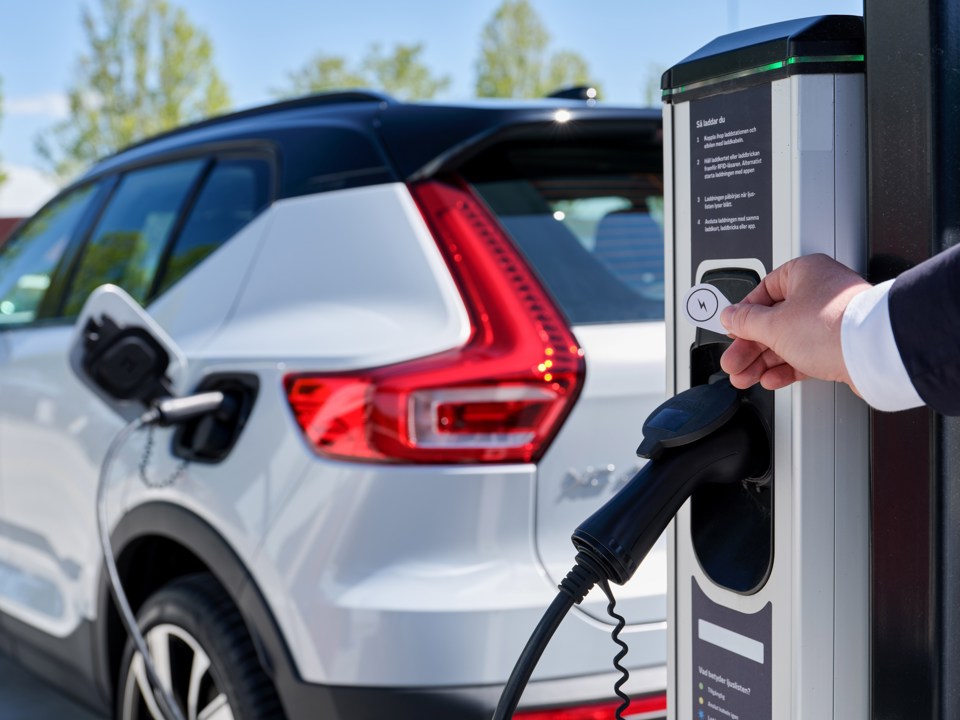The UK Government has been urged to adapt the successful incentives for zero emission company cars so that more private buyers can be encouraged into EVs too.
Campaign group Transport & Environment wants higher first registration duty applied to new cars that produce emissions.
In 2020 the Government introduced a 0% benefit-in-kind tax rate for battery electric cars in 2020, rising to 1% in 2021 and currently sits at 2%, which makes them attractive to business drivers who'll save tax.
Battery electric vehicles, which produce zero tailpipe emissions, accounted for 20% of company car registrations in the first quarter of 2022; in the private market the proportion is 10%.
Ralph Palmer, electric fleets lead at T&E UK, said that with the Plug-in Car Grant now gone, the Government should reform its tax policy to encourage uptake of EVs.
“We do have a first-class system to incentivise clean cars in the corporate channel. Applying the polluter pays principle and raising first year taxes on new emitting cars should be a no brainer to encourage new car buyers to go electric.”
T&E said the UK’s car taxes are sending mixed signals to electric car drivers, with some progressive measures on company car taxation (BIK) but laggard rules on road tax for private individuals.
It added that as the UK has phased out purchase grants for electric cars, the Government now has a clean slate to identify tax policies that support the uptake of BEVs for the next few years.
The Treasury should set out plans for a system that incentivises BEVs at the point of purchase by continuing to raise taxes on emitting cars, says T&E.
Raising first-year VED on emitting cars would help ensure the most polluting vehicles are priced more appropriately.




















Login to comment
Comments
No comments have been made yet.